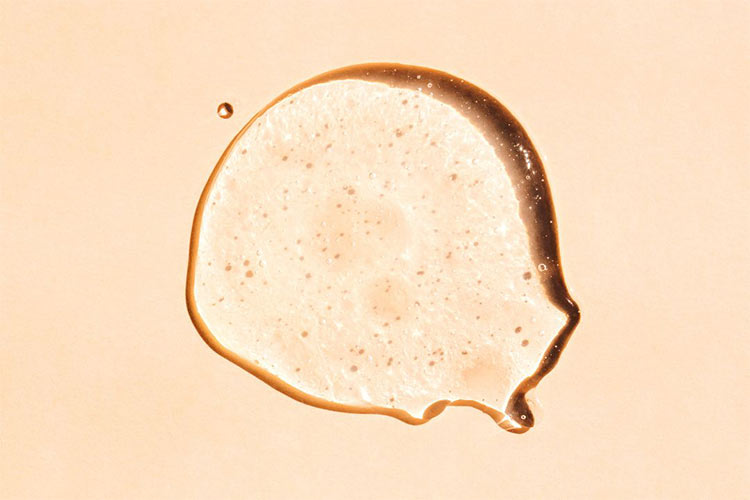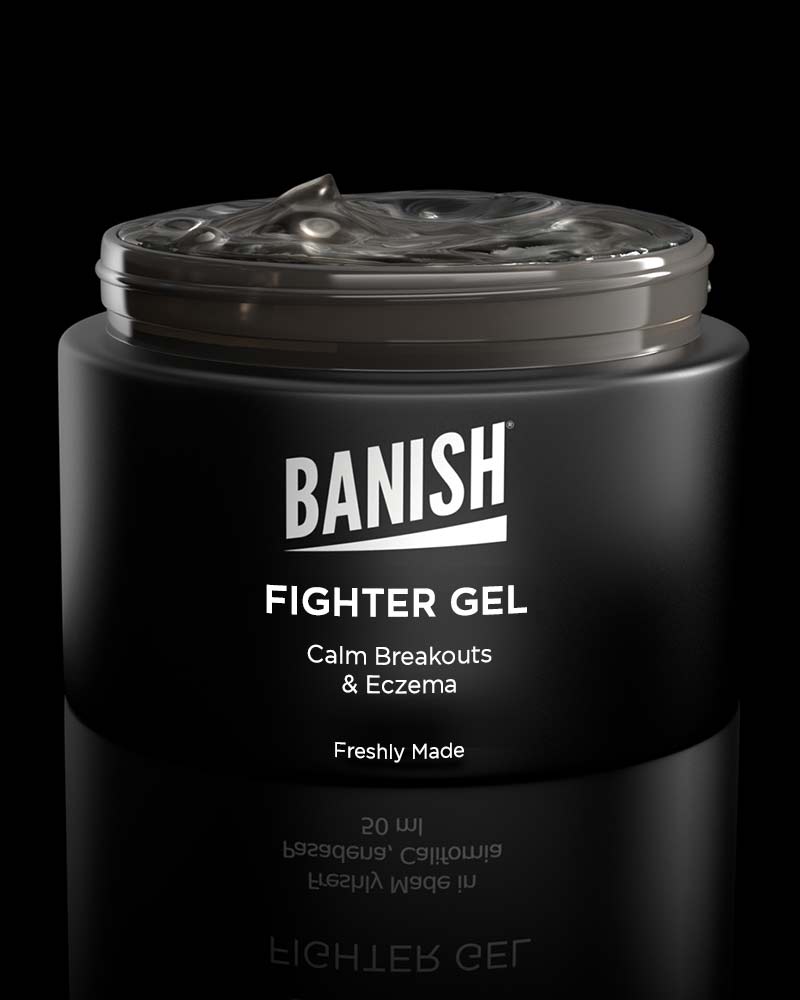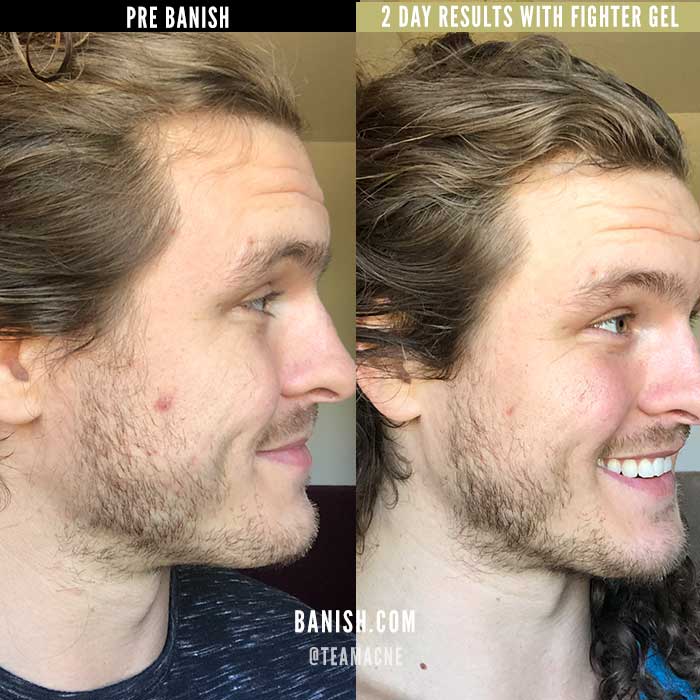Coming up with a skincare routine for acne & scarring can feel overwhelming, but we're here to make it easy for you.
Sometimes, products that are meant for acne scarring can't really be used for acne and vice versa, but retinol is one of those holy grail ingredients that are great for both acne and scars.
What Is Retinol?
Retinol is a type of Vitamin A. Retinol belongs to a category of vitamin a derived ingredients called Retinoids.
Retinol is a very popular over the counter ingredient in the retinoids category.
This ingredient is well known in the anti-aging world, however it is also very beneficial for acne and acne scars.
Retinol For Acne
@banishacnescars ever wonder how retinol works on your skin? #retinol #banishacnescars #acnescars #acnescartreatmentph ♬ original sound - BANISH
Retinol is a common dermatologist recommended ingredient for acne.
Retinol can help with acne because it increases the turnover rate of skin cells. Retinol also slows down the production of oil. This helps keep pores unclogged as the clogged sebum is pores mixed with bacteria is what develops into acne.
Retinoids vs Retinol
Think of retinol as the ingredient itself while retinoids refers to a category of vitamin A ingredients.
Examples of retinoids other than retinol include
- Tretinoin or Retin-A
- Retinyl palmitate
- Isotretinoin
- Adapalene
For Acne Scars & Dark Spots
Retinol molecules are so tiny that they can reach the middle layer of skin to stimulate the production of collagen fibers. Stimulating collagen production is key to improving acne scars and dark spots.
If you are trying to fill in textured scarring with retinol alone, it may not bring you a desired effect. You may want to add other acne scarring treatments like microneedling.
Using retinol on the days you don't do microneedling may give a much faster and better result for texured acne scarring as acne scars can be quite difficult to improve.
How to use retinol
There are lots of skincare products formulated with retinol nowadays.
Retinol can be irritating or cause some purging for some people if you are not used to using it, which is why a lot of people give up on retinol.
To get the benefits of retinol, you can start off with a more gentle formula that your skin can tolerate easier.
We know that dreaded retinol burn, so we got information to prevent it from California Licensed Esthetician Lauren LaPaglia. to pair retinol with ceramides "I love that the Ceramides rebuilds the moisture barrier and the Retinol will also help exfoliate the skin and skin turnover, so its great for acne scarring."
It's recommended to use retinol just once a week, and building up the frequency after 2 weeks to twice a week, then 3 times a week and so on.
You can also use a moisturizer with skin barrier supporting ingredients like something with hyaluronic acid, glycerin, aloe, jojoba oil or ceramide.
Banish's Retinol+Ceramide serum contains retinol along with several other skin barrier supporting ingredients and collagen producing ingredients so it's almost like having 4 serums in 1.
If you find your skin getting red and irritated from retinol, reduce frequency and make sure to use a gentle moisturizer on the days you aren't using retinol. You can try following the 'skin cycling' days format for retinol which is retinol, exfoliate, recovery, recovery.
Retinol+Ceramide Serum from Banish
When To See Results?
Retinol takes time to build tolerance in skin, and all skincare products take at a minimum of a full month to really tell if it is working for you since that's how long an average skin cycle takes.
No one likes to wait, but it's important to stay consistent to see the results.
People who use retinol can except to see minor improvements within the first month, but it may take up to 12 weeks of consistent use to notice a larger difference if the hyperpigmentation or acne were severe cases.
Be patient, do your routine as consistent as you can and try not to stress about your skin. While you are healing, love your skin the way it is!

























Leave a comment
All comments are moderated before being published.
This site is protected by hCaptcha and the hCaptcha Privacy Policy and Terms of Service apply.